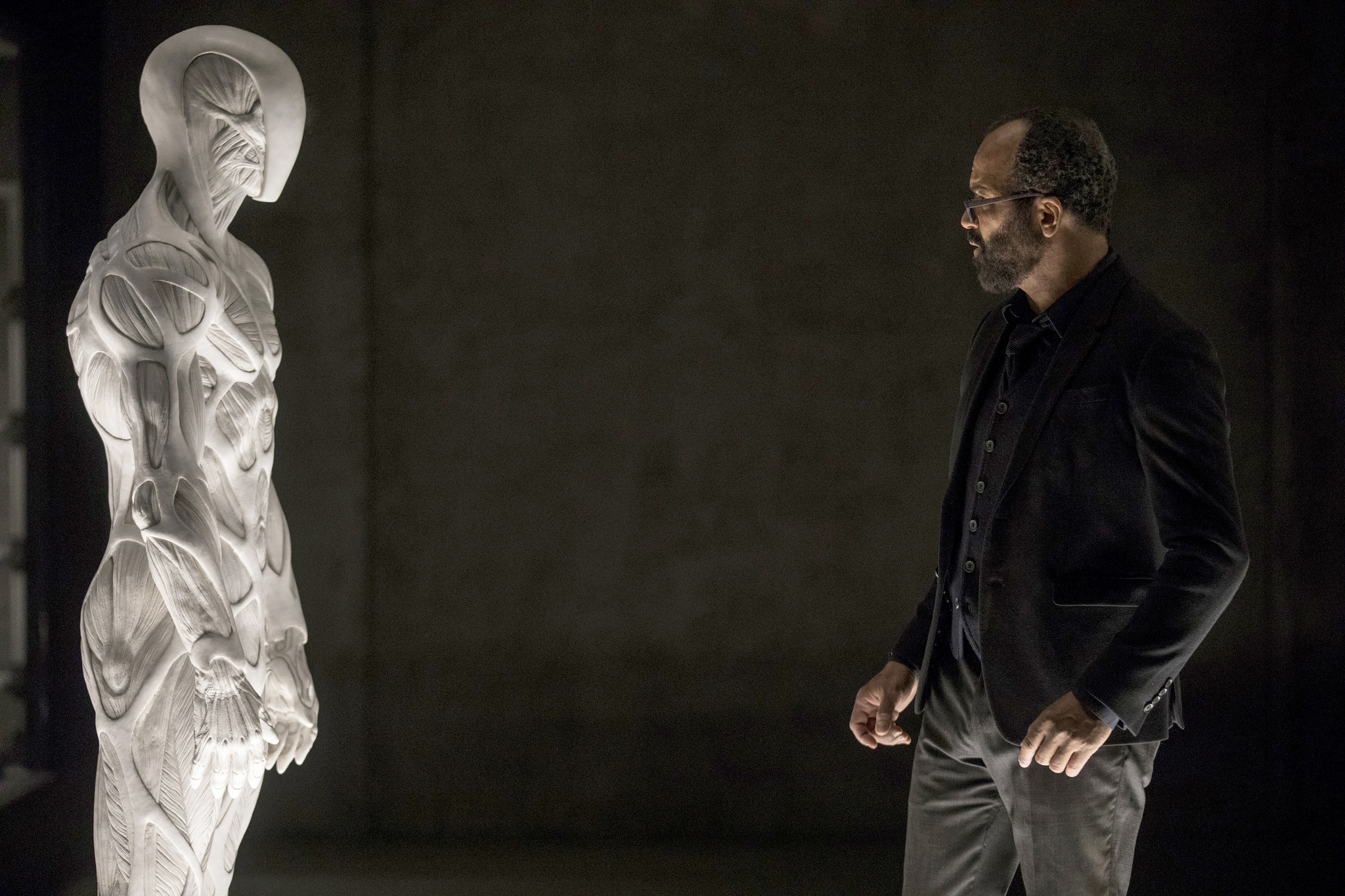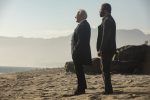HBO recently released a trailer for the third season of “Westworld.” Despite giving a glimpse of the show’s main character, Dolores, played by Evan Rachael Wood, the series’ most important aspect is missing: Westworld. The Western-inspired theme park appears to not be in HBO’s plans for Season 3, as many of the android hosts escaped Westworld during the Season 2 finale.
Many fans have questioned where HBO would take Season 3, as the finale for the previous season left the direction of the series ambiguous, allowing the showrunners to take “Westworld” anywhere. The result appears to be a reboot of sorts, starring “Breaking Bad” actor Aaron Paul and musician Kid Cudi, with the series leaving Westworld, showing audiences a glimpse of how the people outside of the parks live in a dystopian society.
The decision to leave Westworld is a bold risk because the outcome of Season 3 is vital for HBO, given that Time Magazine branded the second season as one of the most disappointing television entries of 2018. Fans and critics widely consider Season 2 a disappointment because of an unnecessary number of plot twists, which made it needlessly confusing. The issues with Season 2 are structural and go deeper than stylistic choices.
To understand the issues of Season 2 and predict how the third entry of the series will fair, the connections the sequel has with its acclaimed predecessor need to be explored.
Season 1 of “Westworld” did an incredible job at exploring both the unique world and the inner emotions of the character, allowing the audience to live vicariously through their own journey in the theme park. The viewers don’t even understand the plot until the end of the season finale, yet the mystery hooks the audience along while the Dr. Ford’s motivations are uncovered.
The greatest strength of the first season is what spells doom for the sequel: “Westworld” Season 1 is a self-contained narrative that answers all of the main questions it raises throughout the season. While a self-contained story makes for incredibly entertaining and satisfying television, HBO now struggles to continue to tell the same narrative. “Westworld” stops exploring in Season 2, forcing the audience down on an oversaturated action plot which feels hollow compared to Season 1.
Failing to utilize what made the series good in the first season, Season 2 stops exploring characters’ arcs and development. The second season is a less character-driven drama, focusing instead on the mystery and mythology. “Westworld” spends more time trying to recreate the mystery of Dr. Ford’s theme park, forgetting to reinspire the audience with character-driven narrative. Yet, the end of Season 1 has already lifted the veil on the mystery, so the complex puzzle of the plot is less fulfilling.
For example, In Season 1, the audience sees Dolores, perhaps the most interesting character, interact with Arnold (her creator), William (her lover) and herself as she goes on a journey to achieve consciousness. In Season 2, Dolores is a one-dimensional Terminator-like character as she endlessly murders her enemies.
However, the audience never gets to understand the motivations behind her actions. Yes, the audience knows on the surface level why Dolores is rebelling because of the groundwork laid by Season 1, but they never get another glimpse at the character’s inner thoughts. Season 2 needed to explore Dolores’ motivations and how she feels about her actions.
“Westworld” Season 2 also suffers because it forces the characters to serve the plot, often delaying conflict to extend the show. In Season 2, Episode 7, multiple storylines converge in one location in a potentially exciting, tense and epic scene to complete the character arcs of William and Maeve. Right as the conflict is about to erupt, outside forces interrupt the characters, and both Maeve and William make it out, with no progress or consequences, so the series can just keep going.
The problems stem from the series placing its focus on plot over character, forcing the viewer, and its characters, to follow a narrative based on style (action, mystery, mythology) instead of substance (emotional context). Rather than exploring new parts of the “Westworld” universe, developing new or minor characters or gaining a better understanding of the established main characters, the showrunners kept telling a finished narrative arc.
Just as “Westworld” drops the ball with character development in Season 2, it also stops exploring the various theme parks within the universe. Season 2 mostly stays focused on its confusing plot and does not expand.
There are two primary exceptions to the rule: Episode 5, “Akane no Mai,” and Episode 8, “Kiksuya,” both of which are considered bright spots in an otherwise disappointing season. “Akane no Mai” and “Kiksuya” also happen to be the two episodes most disconnected from the main plot line. “Akane no Mai” explores Shogun World, and “Kiksuya” functions as an anthology entry, focusing on the character Akecheta who goes on his own heroic journey within “Westworld,” revealing new aspects of the park to the audience.
As “Westworld” explores its own universe more in “Akane no Mai” and “Kiksuya,” the show also focuses more on its characters, explaining their motivations as well as the inner working of the universe together, as the show does in Season 1. Maeve develops in relation to her quest to save her daughter in “Akane no Mai.” While in “Kiksuya,” the audience witnesses Akecheta’s story, providing raw emotion that “Westworld” too often fails to deliver.
“Westworld” is at its best when it allows the audience to explore both the unique expansive world and the interesting characters, like a guest in the theme park.
“Westworld” Season 3, rather than continuing with the same story or changing its format to explore other theme parks, like “Akane no Mai” suggests, or tell an anthology story, like “Kiksuya” shows the potential of, seems to suggest an entirely new storyline. The new story will take place outside of Delos’ theme parks, giving insight into the lives of people who cannot afford to visit Westworld. In the real world, the people struggle to find meaning in their dystopian lives.
“Westworld” has given audiences a glimpse of how wealthy humans live outside the theme parks. Now “Westworld” can explore a space that might hold the answers to questions such as how the greed of those who can afford to visit the theme parks affects the majority of humanity.
With a new setting and story comes the potential for exploration, the series’ strong suit. For most shows, leaving behind the theme park for which the series is named would be a disastrous risk, but, for “Westworld,” telling an original story gets back to the core of the series. If Season 3 has to raise new questions in a new setting, then the series might develop characters with the same care as in Season 1.
The prospect of “Westworld” coming back to these two aspects, like the trailer seems to hint it will, should excite audiences, whether they have an HBO subscription or mooch off a friend’s account.













